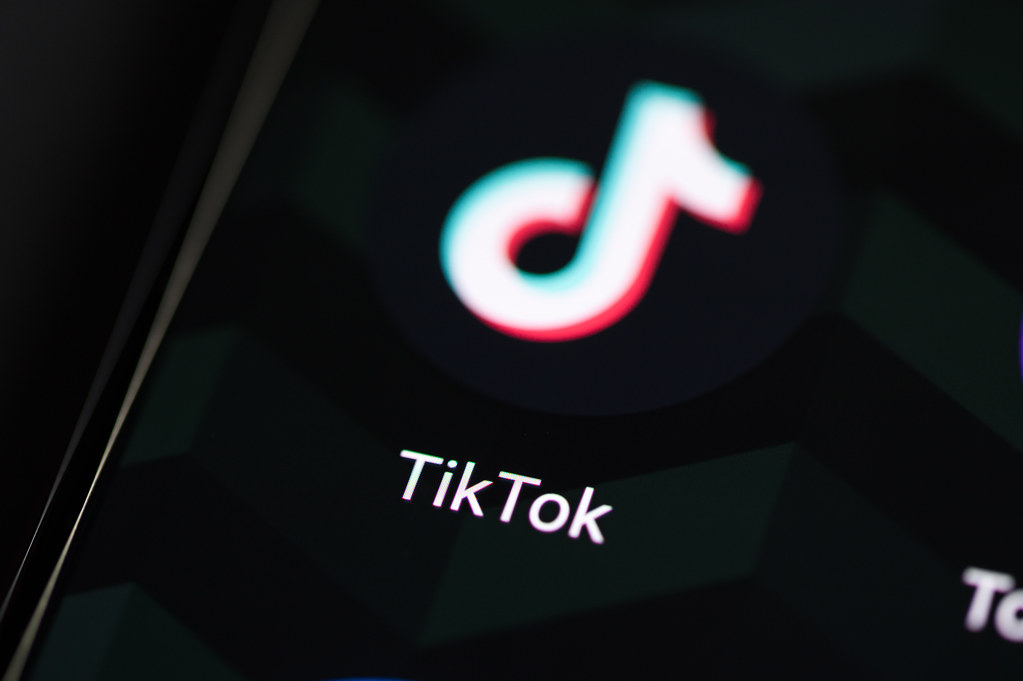With over 1 billion monthly active users, TikTok is the fourth largest social media platform in the world—designed for creating and sharing short videos with sounds, filters and special effects. The app launched in 2018 and is owned by the Chinese company ByteDance. TikTok’s Chinese ownership has raised suspicions of data privacy breaches and potential ties to foreign governments. This has led to some countries attempting to ban the app to resolve these concerns. However, diving deeper into the complexity of this debate reveals that a possible TikTok ban may not be the ultimate solution.
Bans rarely offer a definitive solution to complex issues. For example, take Prohibition in the United States (1920-1933). The prohibition of alcohol in the US aimed to reduce crime and corruption; however, it led to the rise of bootlegging, speakeasies, and organized crime. Ultimately, prohibition was repealed as it failed to achieve its goals and led to detrimental consequences. While a ban on TikTok may temporarily address concerns surrounding data privacy and security, it risks merely displacing the problem onto another social media platform. Without addressing the root causes, measures such as a ban may prove to be ineffective in the long run.
Additionally, since TikTok’s owner is Chinese, banning the app could fuel diplomatic and economic problems between countries and worsen global tensions. If one country bans TikTok, other countries may ban products from that country in return. This back-and-forth conflict could lead to a trade war, where countries fight with tariffs and restrictions on each other’s goods. Plus, the ban will likely complicate international talks about who controls data, causing disagreements over privacy and jurisdiction.
A potential ban on TikTok would have widespread impacts on society, affecting people’s entertainment, social connections, and avenues for creative expression. Many individuals rely on TikTok for entertainment, income, and staying connected with friends and communities. Losing access to the platform would disrupt communication channels and limit opportunities for self-expression and artistic development for people of all ages. Additionally, TikTok serves as a platform for cultural exchange and sharing diverse perspectives. Not only would a ban change people’s digital experiences, but it would also change cultural trends and social dynamics in communities.
Ultimately, while there may be valid concerns surrounding TikTok, banning the platform entirely is not the most effective solution to address concerns about data privacy and security. Instead, a more comprehensive and diplomatic approach must be taken that involves regulation, negotiation with the company, and efforts to improve transparency and accountability. These efforts will surely help towards addressing the specific issues while preserving the benefits that TikTok offers to its users and society as a whole.


